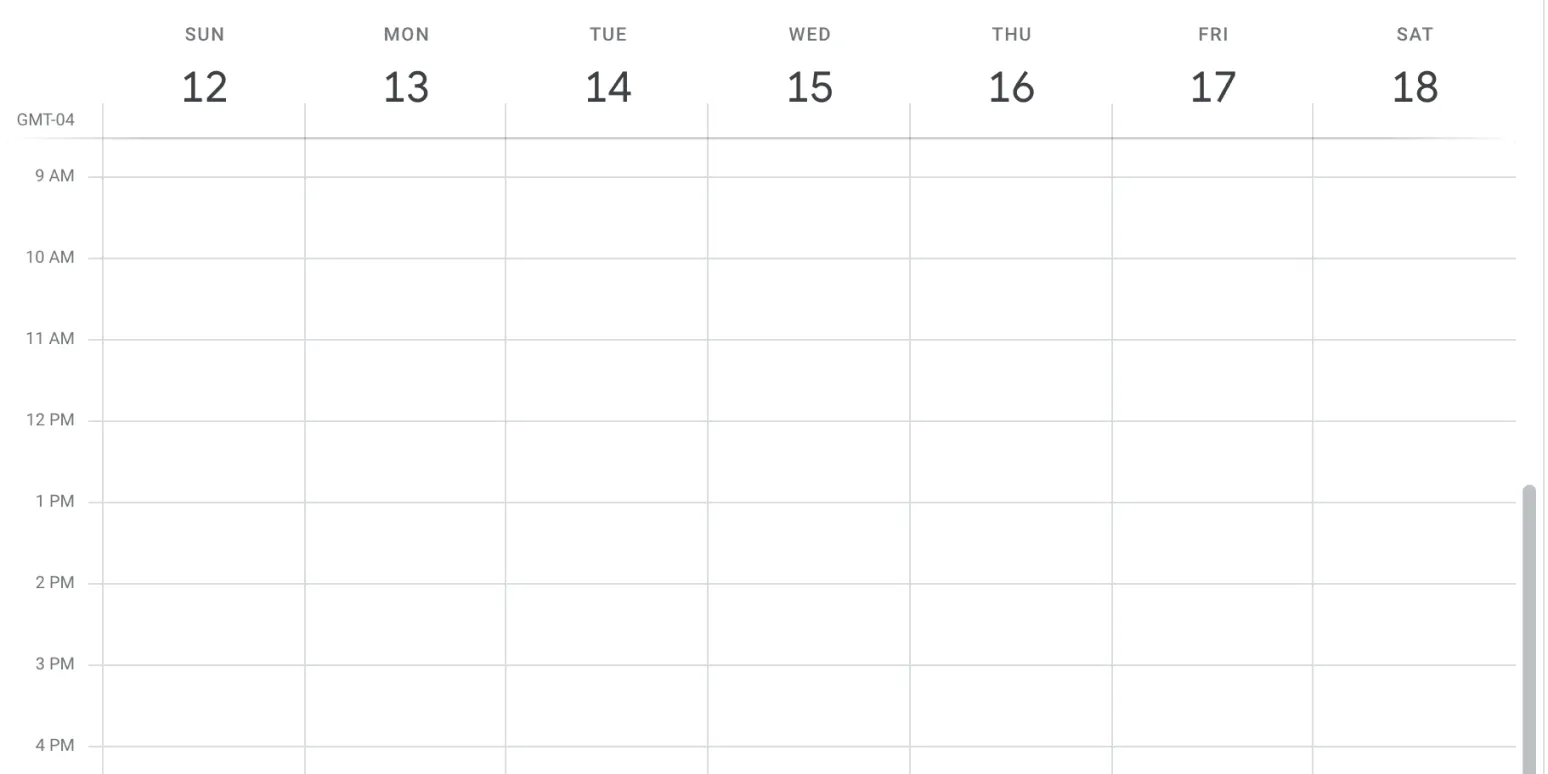Fridays are often seen as the gateway to the weekend, a time when productivity can wane as we all look forward to our time off. This is one of the main reasons I don’t do meetings on Fridays, and I believe many others should reconsider their schedules as well. Here’s a deeper look into why avoiding Friday meetings can enhance your productivity and well-being.
1. The Weekend Mentality
As the week comes to a close, many employees shift their mindset towards the weekend. This phenomenon is often referred to as the "Friday Effect." According to a study by the University of Southern California, productivity drops significantly on Fridays as employees start to disengage from work-related tasks. Instead of focusing on critical decisions and strategies, they may be preoccupied with weekend plans.
2. Reduced Focus and Engagement
Meetings require a certain level of focus and engagement that can be difficult to muster on a Friday. Research shows that decision-making abilities can decline as the week progresses. A Harvard Business Review article highlighted that employees are less likely to contribute valuable insights during Friday meetings. This can lead to unproductive sessions that waste time and resources.
3. The Importance of Reflection
Fridays are an excellent time for reflection and planning for the upcoming week. Instead of cramming in last-minute meetings, consider using Fridays to assess your accomplishments, set goals, and strategize. This reflective practice can enhance your overall productivity and ensure that you are prepared for the challenges ahead.
4. Scheduling Flexibility
In many companies, Fridays are less busy than other weekdays, making them ideal for focused work. By avoiding meetings, you free up valuable time to tackle tasks that require deep work. This flexibility allows for a more productive end to the week and can lead to higher-quality outputs. Here’s a simple comparison table to illustrate this point:
| Day | Common Activities | Productivity Level |
|---|---|---|
| Monday | Planning and strategy meetings | High |
| Tuesday | Collaboration and brainstorming sessions | High |
| Wednesday | Mid-week check-ins | Moderate |
| Thursday | Project updates and feedback sessions | Moderate |
| Friday | End-of-week reviews and planning | Low |
5. Employee Well-Being
Prioritizing employee well-being is crucial for any organization. The mental and emotional toll of constant meetings can lead to burnout. By eliminating Friday meetings, you promote a healthier work-life balance, allowing employees to decompress and recharge for the following week. This change can lead to higher job satisfaction and retention rates.
6. The Case for Remote Work Flexibility
With the rise of remote work, many employees now have the flexibility to manage their schedules more effectively. Avoiding meetings on Fridays gives remote workers the opportunity to focus on their projects without interruptions. It also allows for a more comfortable environment where employees can be productive in their personal space. This flexibility can lead to a significant increase in output and creativity.
7. Better Time Management
When you reserve Fridays for deep work rather than meetings, you can manage your time more effectively. This approach encourages setting priorities and allocating time to high-impact projects. Implementing a no-meeting policy on Fridays empowers employees to take ownership of their tasks and fosters a culture of accountability.
Conclusion: Embrace the No-Meeting Friday
The benefits of avoiding meetings on Fridays are numerous. From enhanced productivity and engagement to improved employee well-being, the advantages are clear. By making this simple change, you can transform your Fridays from a day of scattered meetings into a day of focused work and reflection. Embrace the no-meeting Friday and watch as your productivity soars, leading to greater success for both you and your organization.
In addition to the productivity gains, you’ll find that a well-structured work week, free of Friday meetings, allows for a much smoother transition into the weekend, ultimately benefiting both your professional and personal life.





